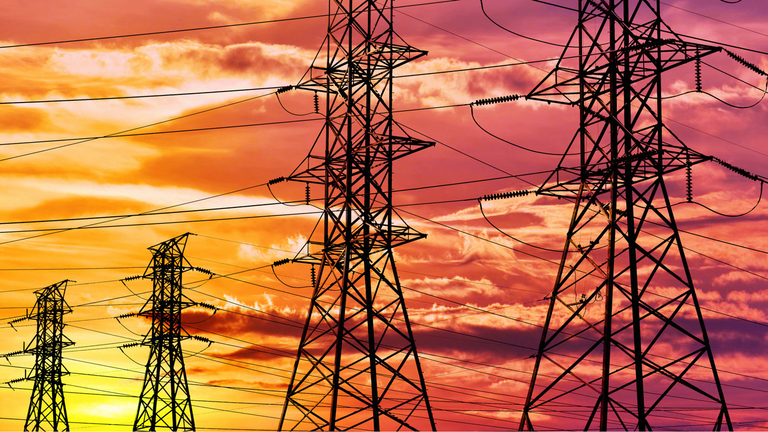Energy
CBN releases framework for metering financing, promotes local content
Published
5 years agoon

The Central Bank of Nigeria (CBN) has released the framework for the financing of National Mass Metering Programme (NMMP).
The programmed is aimed at closing the current metering gap of over 10 million in the Nigeria Electricity Supply Industry (NESI).
Read Also:
According to the apex bank, the closing of this gap is expected to enhance efficiency of revenue collection by distribution companies (DisCos), thereby facilitating meeting their obligations to other upstream market participants.
The framework, which outlines the operational modalities of the CBN financing support to the DisCos (downstream) and local meter manufacturers (upstream), is sub-divided into three categories: electricity distribution companies; local meter manufacturers and additional requirements.
Specifically, for DisCos, the CBN facility, according to the framework, is restricted to the procurement and deployment of meters and the associated infrastructure (software and hardware) to support the metering network.
“These include, but not limited to Procurement of NERC approved meters, Payments for installation and deployment of meters, procurement of other metering infrastructure related production and service provision as may be prescribed by NERC in relevant orders or by prevailing rules and regulations, Procurement of backend metering platform and data management systems as well as Procurement of customer enumeration services.”
However, the guidelines prohibit the procurement of fully assembled meters from overseas, except meters imported by Meter Asset Providers (MAP) already in the country as at September 30, 2020 and verified by NERC.
The guidelines also frown at importation of related metering infrastructure that are currently being produced in the country is also prohibited.
The guidelines also show that the interest rate for eligible companies accessing the facility will not be more than nine per cent per annum, “or any other rate as may be specified by CBN.”
However, the regulator said that as part of its COVID- 19 relief package “the interest rate to be charged up to 28th February 2021 shall not exceed five per cent per annum.”
In addition, it said the facility had a maximum tenor of 10 years, but not exceeding 2030, adding that ”there shall be a moratorium on the principal amount for a period not exceeding 24 months from date of loan disbursement.”
On collateral requirement for the facility, the CBN said: “NERC’s approval of a DisCos loan request as a regulated debt obligation to be charged against all energy collections for the Nigeria Electricity Supply Industry (NESI) as the next line charge in the payment waterfalls of each DisCo below the existing payment to the Nigeria Electricity Market Stabilisation Facility (NEMSF), will serve as a collateral for the lending.”
On local meter manufacturers, the regulator said eligible activities for companies in this category include “Procurement of manufacturing or assembly equipment for meters; set up or expansion of manufacturing or assembly facilities; procurement of production data management and software systems and working capital.”
Furthermore, the CBN listed the sanctions that would apply for infractions by participating financial institutions.
It stated: “Diversion of funds by the PFIs shall attract a penalty at the bank’s maximum lending rate at the time of infraction and nonrendition of returns or the rendition of false returns shall attract penalty.”
Share this:
- Click to share on X (Opens in new window) X
- Click to share on Facebook (Opens in new window) Facebook
- Click to share on WhatsApp (Opens in new window) WhatsApp
- Click to share on Pocket (Opens in new window) Pocket
- Click to share on Telegram (Opens in new window) Telegram
- Click to email a link to a friend (Opens in new window) Email
- Click to share on LinkedIn (Opens in new window) LinkedIn
You may like


FG Pledges to Reform Electricity Market with Fresh N500bn Bond Capital Raise


Nigerian Banks Set New Target to Respond to Frauds


NCC, CBN Introduce 30-Second Refund Rule for Failed Airtime and Data Purchases


Banks’ N1.96Trn Black Hole: Who Took the Loans, Who Defaulted, and Why the Real Economy Suffers


How Policy Missteps Weigh Down Nigeria’s Fragile Banking Giants


Nigeria at 65: A Nation Still Waiting for a Banking Revolution












